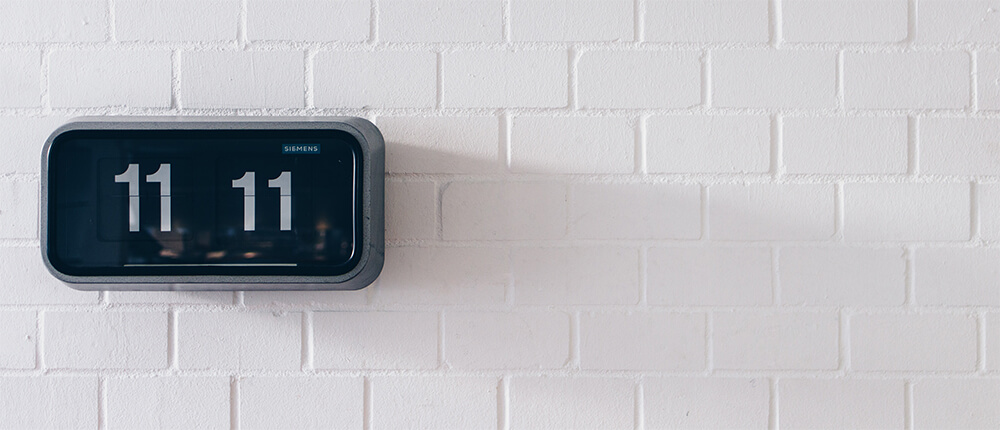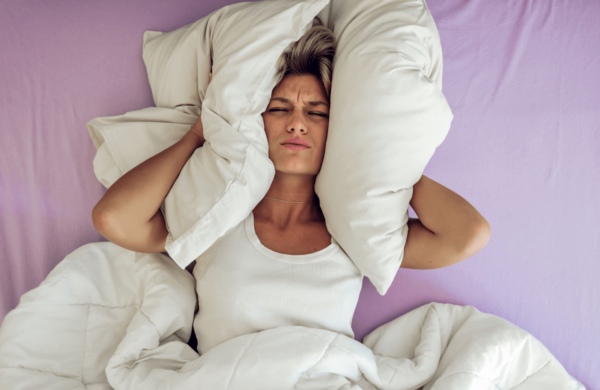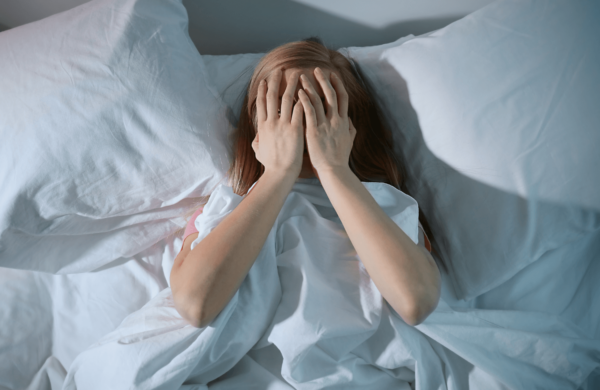What is a Sleep Schedule?
As human beings, our daily habits and routines drive our behaviours – in fact we often describe ourselves as ‘Creatures of Habit’.
Our bodies have the tendency to do certain things at regular intervals; we tend to feel sleepy at the same time each night; we feel hungry at similar times each day and many of us have regular times to use the bathroom.
Repetitive patterns of behaviour mean that some of our functioning can become almost automatic enabling us to act more efficiently and often without thinking about what we’re doing.
Our sleep schedule is perhaps the most important routine in our busy lives. This is the time we go to sleep and the time we wake up each day, as well as the amount of sleep we allow ourselves.
Many of us maintain healthy sleep schedules without too much conscious effort but some of us struggle to go to bed, fall asleep and stay asleep. The good news is, focusing on improving your sleep schedule can help you achieve that coveted 7 – 9 hours of sleep each night.

Why is a Sleep Schedule Important?
Taking control of your sleep schedule can totally revolutionise, not only the way you sleep at night, but how you feel during the day too. If you struggle to switch off at night, find you can’t fall asleep easily or have a tendency to go to bed too late, then resetting your sleep schedule will help teach your body when to be tired, when to go to bed and when to wake up.
Getting more high-quality sleep will enable your body to function better, your mind to focus more and may make you feel more energetic during the day.
Our sleep schedules are so important as they help us to maintain consistent patterns of sleep which encourage the kind of high-quality sleep we need to rest and restore our body and mind.
If you’re in the habit of going to bed too late, shifting your sleeping schedule can help you feel tired earlier and therefore want to go to bed earlier.
Reasons your Sleep Schedule Might be off Kilter
Those of us who are night owls may find that they don’t feel sleepy until late at night. Going to bed late at night is not an issue so long as you’re getting the recommended amount of sleep each night. However, if you go to bed late and wake up early, you may find that you’re not getting enough of those precious Z’s.
Working shifts can also interfere with your sleep schedule. If your shift pattern is not long enough for you to create a new daily routine, this constantly fluctuating pattern of sleeping can leave you struggling to find the best time to go to bed for the optimum amount of sleep.
There are other factors which can throw your sleep schedule into chaos. Women who are pregnant might find themselves hotter than previously which can affect your ability to get to sleep. For those in the later stages of pregnancy, getting comfortable may also disrupt your sleep schedule, leaving you feel tired and lacking in energy.
Anxiety and stress can affect your sleep schedule too. Lying awake worrying about work, family, life may mean that you’re getting a reduced amount of sleep. This in turn can become a destructive cycle of worrying more the less you sleep.
Our article on ‘How to get to sleep fast’ has some different breathing techniques you can try to help relax and bring on those much-needed sleep hormones.

Tips to Fix Your Sleep Schedule
The good news is that fixing your sleep schedule is easy with some minor lifestyle adjustments. Stop worrying about ‘why can’t I sleep’, by following the simple steps below.
1. Fix your wake-up time.
If you know what time you have to get up each day, you can work backwards to find the optimal time for going to bed to ensure you still get the recommended amount of sleep.
Sticking to a routine like this, even at the weekends, can help your body readjust to a new sleep schedule with practice. If you have a big change to make, we suggest you make small adjustments to your sleep schedule until you get to the perfect bedtime that works for you.
2. Get plenty of daylight exposure
Exposure to light is a trigger for your circadian rhythm – the biological cycle that regulates sleep.
Getting outside as soon as possible in the morning can encourage feelings of wakefulness in the morning and consequently your body knows roughly when it should start to feel tired later in the day.
Avoid too much light exposure close to bedtime as this will make you feel more awake and less tired.
3. Reduce blue light exposure
Blue light wavelengths are short and high-energy. We can detect light through both our eyes and skin.
Exposure to blue light towards the end of the day acts as a stimulant and inhibit the body’s production of melatonin, that wonderful sleep-inducing hormone.
Avoid watching screens too close to bedtime to ensure your body is prepared for sleep.
4. Exercise during the day
Exercising regularly has many benefits – maintaining a healthy bodyweight, encourages a healthy heart, promotes mental wellbeing and helps us fight off health conditions and diseases, to mention just a few.
Exercise can also help you maintain a healthy sleep schedule.
Expending energy on an activity can promote feelings of tiredness and body fatigue as well as boosting our mood – all of which will help us to feel tired later in the day.
Avoid exercising too close to bedtime as this will raise your body temperature and reduce the production of melatonin.

How to reset your sleep schedule
Change your sleep schedule by first working out what time you need to get up. Work backwards by approximately 8 hours to find the time you need to go to sleep ideally.
Now add a little time for your regular bedtime routine, getting undressed, brushing your teeth etc, and this should be your new bedtime.
If this is a lot different to the time you’ve been going to bed, then you may need to work to this new bedtime target in 15-minute increments across several days.






